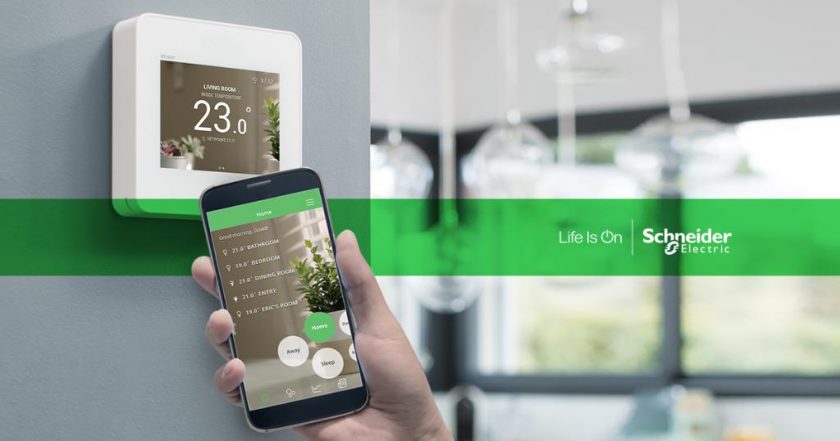Have you recently decided to purchasing a used vehicle over a brand-new one? Buying a secondhand car can come with plenty of benefits, primarily not having to pay the high price associated with a brand-new car. Moreover, we’re now seeing innovations that make used cars run like the latest vehicles on the market.
However, purchasing a used vehicle also comes with its fair share of challenges. Get it wrong and you’re likely to regret your decision and come out feeling as though you’ve been conned.
Let’s take a look at top things to consider when purchasing a used vehicle:
1. The Car’s Background
When searching for a used car on a site, it’s important that you find out as much as you can about your vehicle of choice. Has it been in an accident before? Did the model have any recalls? Also, talk to the owner and try and find out what you can about their time with the vehicle. That said, keep in mind that they’re also looking to close the deal and may therefore not disclose important information. Be diligent with your research to make sure that you’re not purchasing a lemon.
2. Overall Condition
Check the condition of the vehicle. Is there any rust? If so, how severe is it? Often, with used vehicles, you may come across a few rusty patches. If they’re small, these can be easily fixed and thus shouldn’t affect your buying decision. However, if certain areas are rusted all the way through, then it’s better to pick another car.
As you perform an inspection, also check how the car sits on the ground. How’s the alignment? Is it level? Also check the condition of both the front and rear bumpers. Don’t forget to look under the car to see if there are any hanging pieces.
3. Tires
If you notice that some tires are more worn out than others are, this could mean that more weight is being exerted on one side and could be a clear sign of misalignment. Unless you’re willing to cough up extra cash to fix the vehicle, it’s probably best to avoid it and look for other options.
4. Engine
Open up the hood of the vehicle and check the engine. Are there any leaks, broken parts, and belts or rusted areas? Remember that the engine is the most important part of the vehicle and is responsible for locomotion, so it’s best to do a thorough check of it.
Don’t forget to check the oil, as well as the transmission fluid. A proper functioning engine should have light brown oil instead of black. If the engine block is cracked, think twice about purchasing this vehicle altogether.

5. Interiors
Don’t forget to check the interior of the vehicle as well. If it has a radio, turn it on and see how well it works. Determine if the air conditioning and the heater are also working properly.
Take a look at the seats, the dashboard, and the upholstery. These can be quite expensive to fix when torn, and severe damage or tears along these parts should tell you that this car isn’t something you’d want to buy.
6. Mileage
The higher the mileage, the higher the rate of wear and tear. Therefore, you’d want to go for a vehicle with a lower mileage as possible. A low mileage can also help you save on insurance premiums.
Keep in mind that the average car travels 20,000 kilometers every year. By taking the mileage of the vehicle and dividing it by the age of the car, you can have a rough figure of how far it has traveled each year.
7. Driving Compatibility
Aside from its physical features, it’s also important to see if the car is compatible with your driving style. The only way to get a feel of this is to take the car out for a test drive. You’ll be able to find out how the suspension, steering, turning, acceleration, and braking mechanics perform.
Have a route that you have planned beforehand that you can use to test drive different options. Test your prospective car out on smooth and rough roads, and see how it fairs when making some difficult turns.
8. Mechanic’s Assessment
If everything has been nothing but smooth sailing so far, it’s also a good idea to let a mechanic have a look. With their experience, they’ll be able to point out any areas that need fixing, which can influence your final decision.
Final Word
Consider the tips above to help you make a good choice when purchasing a used car. Doing a thorough inspection of the car’s internal and external features, as well as driving performance, is essential to getting the best value for the deal.




